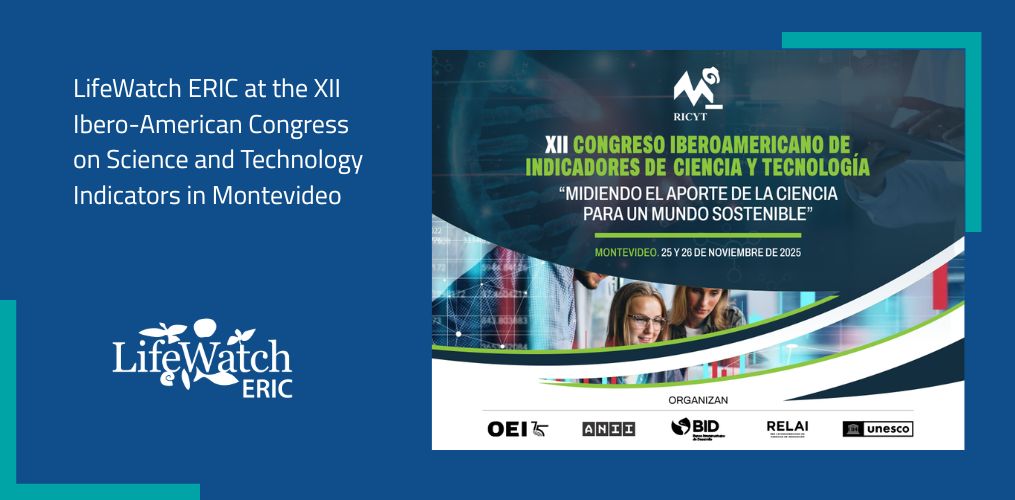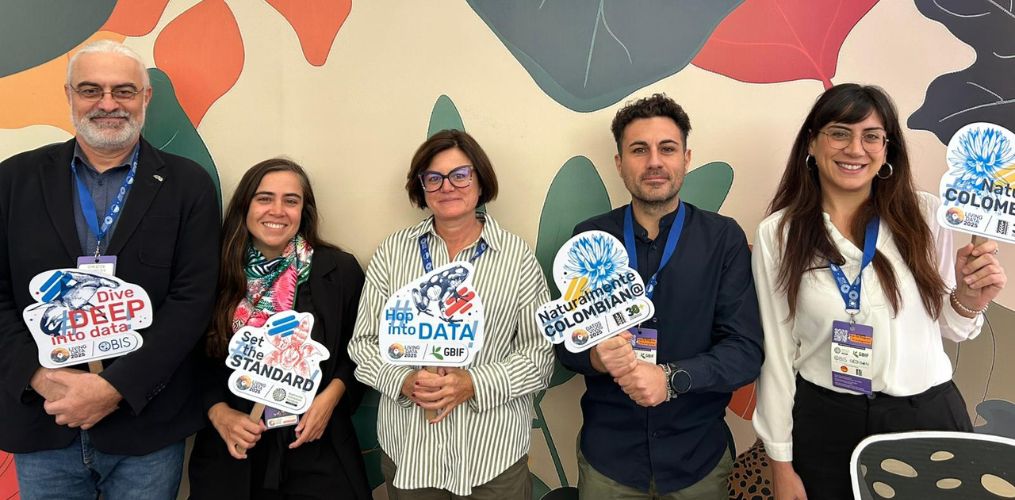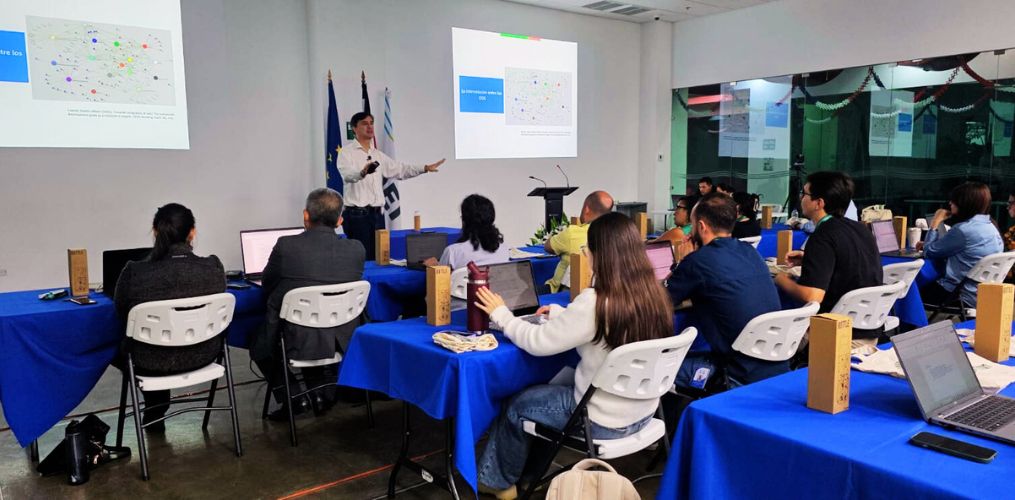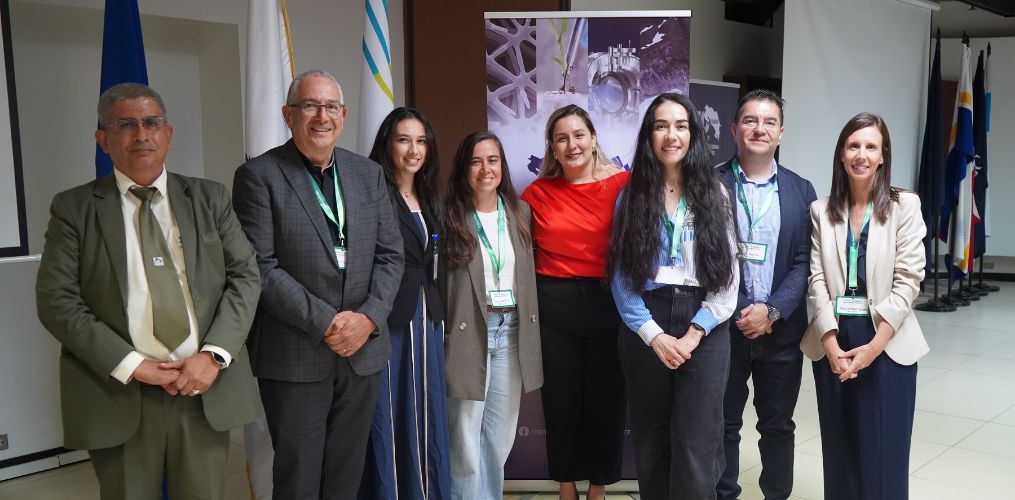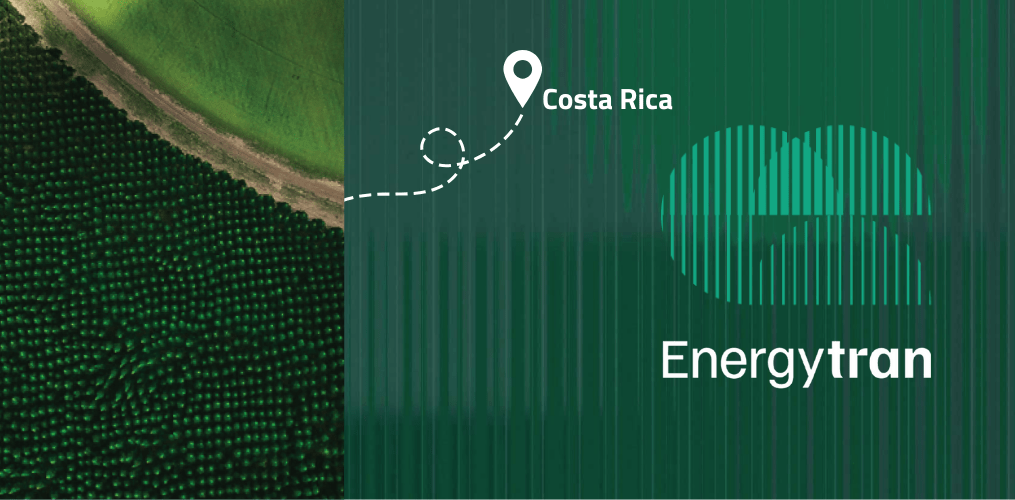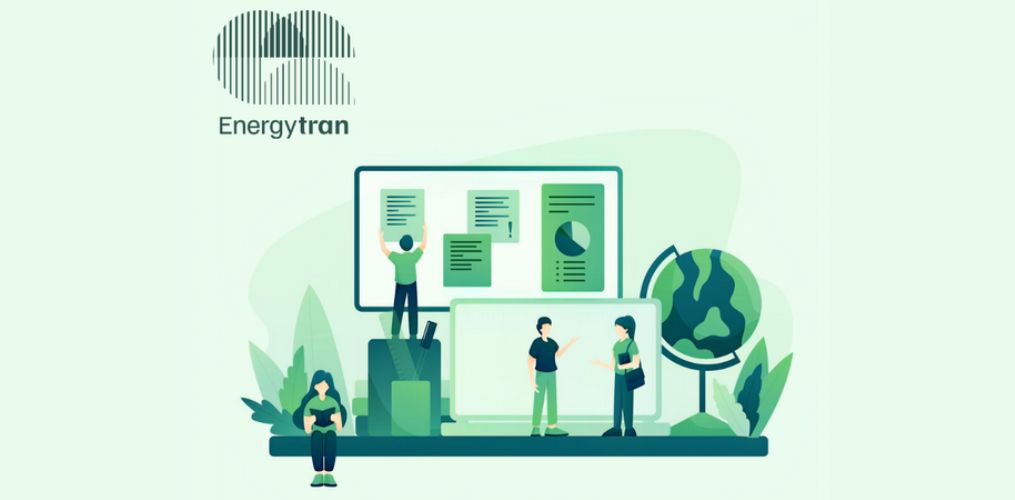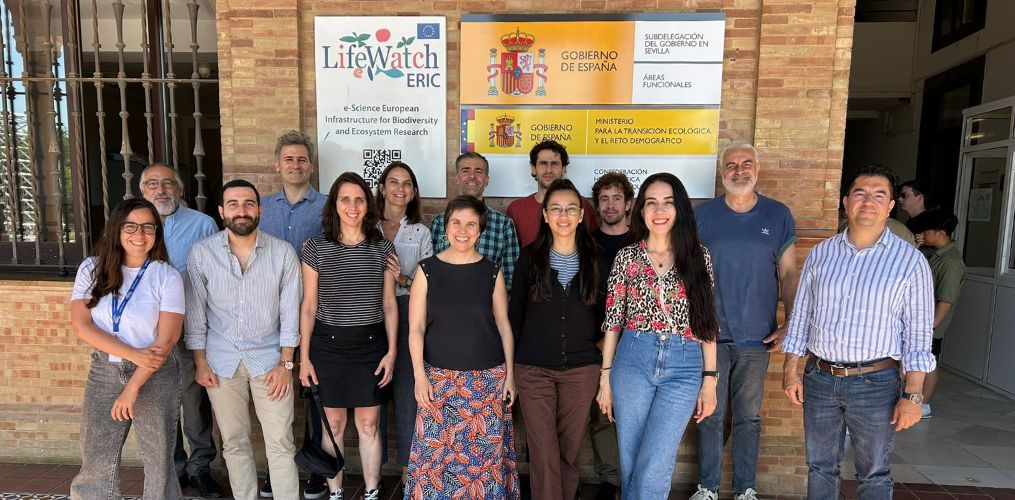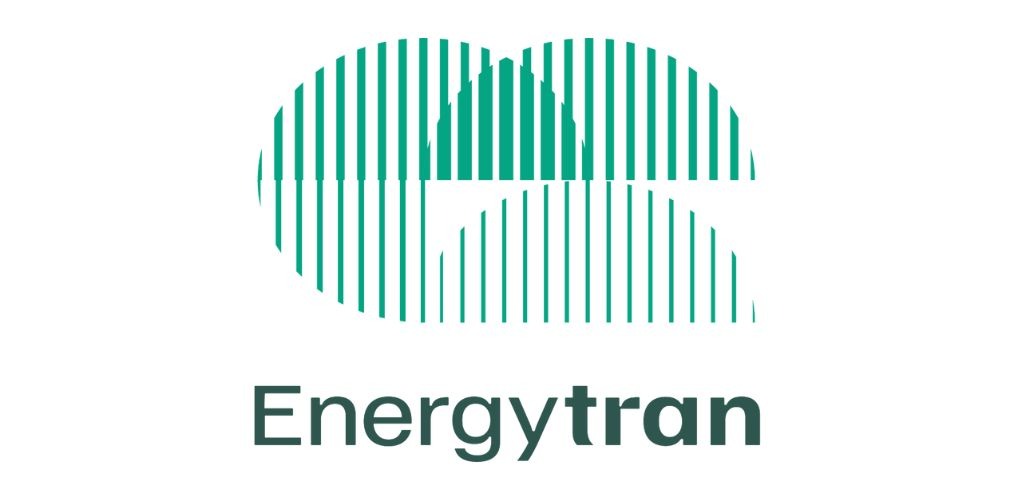On 25-26 November 2025, LifeWatch ERIC attended the XII Ibero-American Congress on Science and Technology Indicators in Montevideo (Uruguay). Julio Paneque, Principal Software Engineer, represented the Research Infrastructure and presented a tool developed within the framework of the EU-LAC ENERGYTRAN project, in collaboration with other infrastructures and scientific institutions.
The tool monitors and assesses the progress of energy transition in EU and LAC countries, by calculating indexes based on publicly available datasets. It offers a transparent framework to track progress toward relevant SDGs, and supports evidence-based policymaking.
A highly relevant topic for the congress, which is one of the region’s leading events on science policy, research information systems, and international cooperation in science, technology and innovation.
Organised by OEI, ANII, IDB, and RELAI, and supported by UNESCO, the MEC of Uruguay, the IAI, and LACCEI, the event brought together policy makers, indicator specialists, researchers, and international organisations under the theme “Measuring the Contribution of Science to a Sustainable World“. This theme highlights the potential of science and technology – together with higher education and training – to drive innovation, development, and tangible responses to global challenges, including climate change, sustainable energy transition, and social inequalities, for which indicators serve as essential tools for evidence-based decision-making.
For more information on the event, visit this page.
